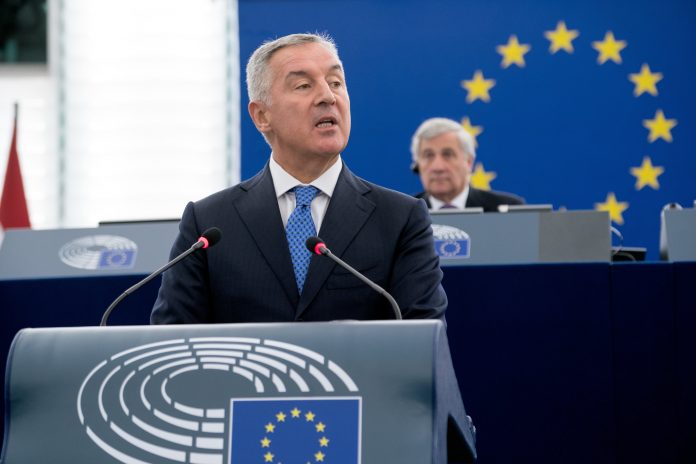Recommendations made by the first citizens’ assembly on how to fight corruption in Montenegro will be presented in Podgorica on Thursday.
A European Parliament delegation will participate in a special sitting of the Parliament of Montenegro on Thursday, 4 November, during which the recommendations made by the first citizens’ assembly on fighting corruption will be presented.
The citizens’ assembly
The citizens’ assembly, which took place between 29 and 31 October and was co-organised by the European Parliament, is a democratic exercise very similar to the panels of the Conference on the Future of Europe, and is held for the first time outside the EU. During the three-day event, 50 randomly chosen citizens reflecting the diversity of Montenegrin society discussed how the country could fight corruption more effectively. The assembly was set up to raise awareness and empower citizens in the fight against corruption and to reinforce the link between citizens and the Parliament.
Parliamentary Delegation
The European Parliament delegation consists of the Democracy Support and Election Coordination Group lead Members of the Parliament for the Western Balkans, Mr Vladimír Bilčík (EPP, SK), Mr Thjis Reuthen (S&D, NL) and Mr Daniel Freund (Greens, DE). Apart from exchanging views with participants in the citizens’ assembly and civil society representatives, the MEPs will also meet President Milo Đukanović, Prime Minister Zdravko Krivokapić and Speaker of the Parliament Aleksa Bečić. During their encounters, MEPs are expected to raise issues related to EU values, including the importance of political dialogue between the parliamentary majority and the opposition as a pre-condition for Montenegro’s accession to the EU. The Parliament of Montenegro was the other co-organiser of the citizens’ assembly, which was also supported by the local civil society organisations Center for Democracy and Human Rights CEDEM and Center for Democratic Transition (CDT).

